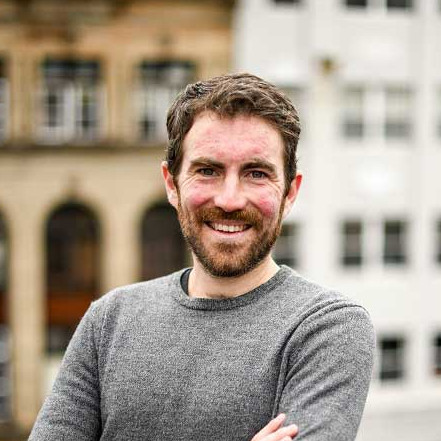20,000 World-class University Lectures Made Illegal, So We Irrevocably Mirrored Them
Jeremy Kauffman • Mar 15 2017
Update 12/21/2019: just looking to access these videos? Check out the @UCBerkeley channel on lbry.tv or download the app and go to lbry://@UCBerkeley:d.
Today, the University of California at Berkeley has deleted 20,000 college lectures from its YouTube channel. Berkeley removed the videos because of a lawsuit brought by two students from another university under the Americans with Disabilities Act.
We copied all 20,000 and are making them permanently available for free via LBRY.
This makes the videos freely available and discoverable by all, without reliance on any one entity to provide them (even us!).
The full catalog is over 4 TB and will be synced over the next several days.
How to Access
- Download and install the LBRY app from here or use the web version at https://lbry.tv.
- Go to lbry://@UCBerkeley to access the UCBerkeley channel, or simply type
@UCBerkeleyinto the search bar on top and hit enter.
Each entry on @UCBerkeley channel is the course video/audio claim page where the content can be streamed (and downloaded locally).
Feel free to keep exploring the LBRY application and be sure to check out our FAQ. Want to learn more or contribute to LBRY? Join us on our Discord chat to follow along with our journey in revolutionizing digital content sharing and monetization.
Is This Legal?
Almost certainly.
The vast majority of the lectures are licensed under a Creative Commons license that allows attributed, non-commercial redistribution. The price for this content has been set to free, and all LBRY metadata attributes it to UC Berkeley.
Additionally, we believe that this content is legal under the First Amendment.
The Perfect Content for LBRY
While other archive teams have also backed up these lectures using traditional methods, publishing them to LBRY offers greater openness, usability, and robustness.
LBRY is the first truly free and censorship-resistant way to exchange content. The LBRY protocol provides a completely decentralized network for discovering, distributing, and publishing all types of content and information, from books to movies.
When publishing the lectures to LBRY, the content metadata is written to a public blockchain, making it permanently public and robust to interference. Then, the content data itself is hosted via a peer-to-peer data network that offers economic incentives to ensure the data remains viable. This is superior to centralized or manual hosting, which is vulnerable to technical failure or other forms of attrition.
